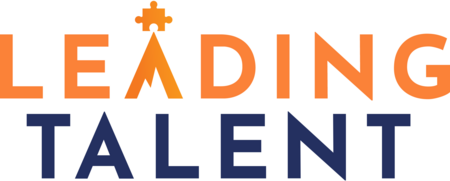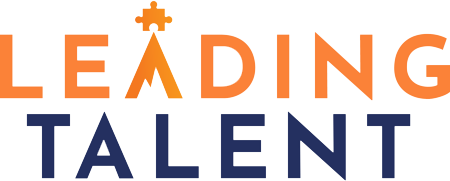April 10th 2025
Published by Tyrell Drysdale
Navigating the Ethical Considerations of AI
As you know, Tech News Thursday does not shy away from corroborating the fact that AI and the law coexist seamlessly. Already discussing the fact that AI is rapidly shaping the global economic landscape, this article explores the key ethical considerations surrounding AI technologies, with a particular interest in the legal lenses. This article will briefly discuss the dilemmas in environmental policy (as TNT has once covered this in our latest articles), regulatory challenges in social equality, and recent developments such as Apple’s announcement of its Clean Energy Fund in China.

The legal ethics of AI Technologies
The ethical concerns around AI are not merely philosophical, they’re inherently legal. Concerning such instances: privacy, bias, transparency, and accountability are no longer abstracted issues; they are being tested in courts, legislation, and governmental frameworks. Dr Laura Chen from the School of Ethics and Philosophy, University of Oxford, discusses in ‘Ethical Considerations in Artificial Intelligence: Balancing Innovation and Privacy | Journal of Applied Optics’ that her findings (along with Dr Robert Evans, essentially highlight the need for clearer regulatory frameworks to address issues of consent, data ownership, and algorithmic bias.
The European Union’s AI Act is currently one of the most comprehensive efforts to legally codify ethical AI principles, classifying AI systems by risk levels and imposing specific requirements on those high-risk issues (EU AI Act: Risk Categories | Mason Hayes Curran). Continuing this point, one of the most powerful but ethically fraught uses of AI is in shaping environmental policy. AI models now forecast climate trends (Forest Monitoring, Land Use & Deforestation Trends | Global Forest Watch) optimise renewable energy, and guide conservation decisions. This article understands the fact that we should balance algorithmic efficiency with ecological justice; but how can this be achieved?
Legal scholars argue for a stronger oversight; this comes as Ibrahim Diallo fell victim to being fired by a machine (The man who was fired by a machine – BBC News). He states that:
The system was our for blood and I was its very first victim
How can we balance algorithmic efficiency with ecological justice?
Considering this question, AI’s role in perpetuating or mitigating social inequality is a growing battleground (as discussed in previous articles highlighting pop culture and its relationship with AI). Algorithms are increasingly used in hiring, housing, policing, even loan approvals-as a result, organisations have raised alarms about discriminatory outcomes in AI-powered decision-making systems. Despite this, few countries have specific laws holding developers liable for bias or harm caused by their algorithms.
Though tech organisations have been under public scrutiny for AI systems and/ or practices of such. Organisations are beginning to join the trajectory in shaping themselves to be ethical and cohesive with courts following the growing concerns surrounding AI and ecological justice: the most recent example being Apple. The tech giant recently announcing it will set up a new clean energy fund in China worth $99.22 million. Apple said in a statement that this move is aimed at the company’s efforts to transition its supply chain to 100% renewable energy by 2030.
Do you think other tech giants should take such a move?
As AI becomes a backbone to decision-making in critical domains like climate and equality, legal systems must evolve in tandem with ethical thinking. Governments, corporations, and communities all have a role to play. However, ensuring AI serves humanity rather than marginalising it, ultimately depend on a fusion of ethics, law, and shared global responsibility.
Read also:
Apple announces $99 million new clean energy fund in China | Reuters
(2) AI and Legal Frameworks for Sustainable Development: What Practitioners say | LinkedIn
(2) AI for Smarter Supply Chains: Driving Sustainability | LinkedIn
(2) AI and the Global Progress: Shaping the Future | LinkedIn












